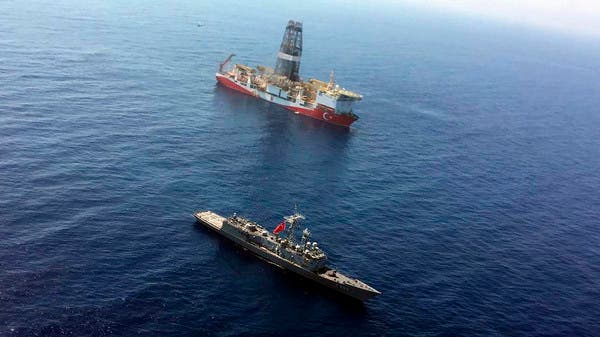An adviser to Turkish President Recep Tayyip Erdogan made threats against Greece, saying Turkey would retaliate if Greece moves to defend parts of the Mediterranean Sea that Ankara has been exploring following a controversial agreement signed with Libya, Greek City Times (GCT), a Greek-expat focused news site, reported.
Mesut Hakki Casin, a Professor of Yeditepe University International Relations Department and adviser to Erdogan said “an attack on a state-owned ship is an attack on the state itself” in a discussion regarding Greek warnings that any Turkish drilling near Crete could be met with force, GCT reported.
“The exploration vessel out there has a Turkish flag and an attack on it would be considered as Casus Belli,” Casin said in an interview with Ardan Zenturk, a Turkish television moderator, on his YouTube channel, according to GCT. Casus Belli is a latin term referring to an action that justifies a war.
“Secondly, how could you [Greeks] attack a peaceful drilling ship in international waters and [in an] Exclusive Economic Zone area?” Casin added.
Casin was referring to a controversial maritime agreement Turkey signed with the Tripoli-based Government of National Accord (GNA) in Libya last year on maritime borders in the gas-rich Eastern Mediterranean Sea to Ankara. The agreement handed 200 miles of the sea over for gas exploration to Ankara and has significantly exacerbated existing disputes between Turkey and its neighbors over energy exploration in the region.
The ongoing conflict in Libya has had direct repercussions on the Eastern Mediterranean region as Turkey secures further deals with the GNA. Although the motives for Turkish interference in Libya are unclear, experts have suggested that it may be a move to secure the country’s rich hydrocarbon assets.
The struggle to control these oil supplies has been at the center of the country’s unrest since 2011. Libya is home to 48.4 billion barrels of proven oil reserves – Africa’s largest proven reserves – making the country an important player in global hydrocarbon markets.
Turkey meanwhile has been historically vocal in its ambition to become a regional hydrocarbon hub, and the move to secure the fertile east Mediterranean resources could be one-step toward that, analysts said.


